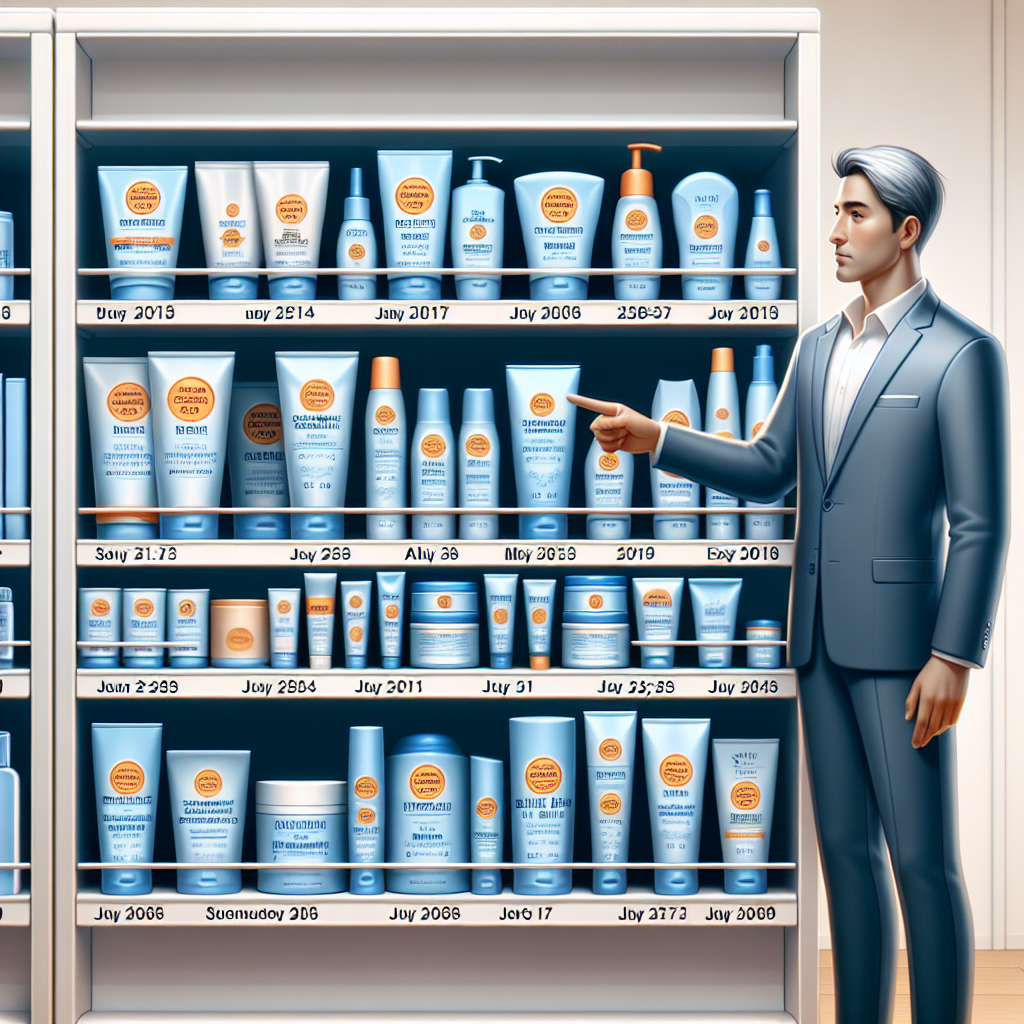Does Sunscreen Actually Expire? The Truth, According to Experts

Introduction
Safe to say that we’re all well-versed in basic sunscreen commandments. Thou shall use broad-spectrum SPF 30 protection every day. And reapply said sunscreen every two hours. But something that often gets ignored when it comes to safe sunscreen practices is that tiny little label on the bottle known as the expiration date.
Does sunscreen expire?
To put it bluntly: yes. There will come a time when even the best sunscreens are no longer effective. According to experts, sunscreens are considered over-the-counter drugs with specific testing guidelines that they have to follow and adhere to. All sunscreens are required to have expiration dates listed to enter the market and the sunscreen itself has to work up until that specified date.
Expiration Date Guidelines
- If there isn’t an expiration date listed, the U.S. Food and Drug Administration (FDA) says that the manufacturer must prove that the product can remain stable for three years.
- Physical sunscreens (mineral sunscreens) are considered more stable than chemical sunscreens and have longer shelf lives.
- Sunscreens can last anywhere between two to three years.
What happens when you use expired sunscreen?
The main downside to using expired sunscreen is that you won’t get adequate sun protection from the sun’s harmful UV rays, which can lead to signs of premature aging and more dangerous skin and health concerns.
Potential Risks
- Sunburn
- Skin cancer
- Skin irritation
- Premature aging
How can you tell if your sunscreen has expired?
The easiest way to tell if your sunscreen has expired is by looking at the label. Other signs include changes in color, consistency, smell, and texture.
How do you properly store sunscreen?
The best way to prolong the shelf life of your sunscreen is to store it properly. Keep products away from direct light, in a dry place at room temperature, or in a cool, dark place for best results.
